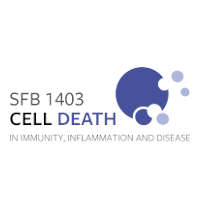Cell Death-RTG
The overarching goal of SFB 1403 is to understand the mechanisms of regulation and the functional role of diverse forms of RCD in organismal physiology and pathology, with particular focus on immunity, inflammation and host-microbe interactions. The Cell Death-RTG provides a structured educational platform aiming to support early career scientists in SFB labs, by offering a comprehensive teaching programme tailored on cell death-related themes but also promoting the development of general skills, as well as the best possible mentoring and guidance for each career level. High quality research in an academic environment requires the identification of excellent, highly motivated and talented students, PhDs and Postdocs, and the promotion of their experimental studies. The Cell Death-RTG provides these young researchers with guidance and opportunities to holistically develop all skills required for their development into creative, innovative and ethically responsible independent scientists.
PhD students and Postdocs of the Cell Death-RTG are embedded within existing structures of the faculties of Medicine and of Natural Sciences, therefore will benefit from the broad experience of the Graduate School for Biological Sciences (GSfBS) and Interdisciplinary Program Molecular Medicine (IPMM) in training and career development.
Graduate School aims
- To establish a comprehensive and complementary curriculum for PhDs and Postdocs that offers specific Cell-Death-RTG training.
- To provide PhDs and Postdocs with training in transferable skills.
- To assure that PhDs and Postdocs receive mentoring, guidance and advice beyond the interactions with their direct supervisors (Thesis Advisory Committees for PhDs and Mentors for Postdocs).
- To support PhDs and Postdocs in developing networking and organisational skills by enabling them to join and organise scientific meetings and conferences.
- To provide PhDs and early Postdocs with guidance and information on (early) career development by offering tailored courses (for details see paragraph ‘Scientific and transferable skills courses and workshops’ below)
- To provide female PhDs and Postdocs with specific training and support, aiming to achieve equal representation of women in leadership positions and to promote work-life integration. See Gender & Diversity
- Attracting medical students into science at an early time point of their education is fundamental for creating the next generation of physician scientists.
Cell Death-RTG Manager

Emmi Wachsmuth
CECAD Research Center Room 5.025
Joseph-Stelzmann-Str.26
50931 Cologne
Email: emmi.wachsmuth(at)uni-koeln.de
Tel: 0221-478-84343
Cell-Death-RTG Board
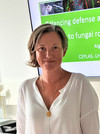
Alga Zuccaro
Department of Botany, CEPLAS, University of Cologne
Contact: azuccaro(at)uni-koeln.de
For more information visit: Zuccaro lab
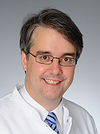
Bernhard Schermer
Clinic II internal medicine, University of Cologne
Contact: bernhard.schermer(at)uk-koeln.de
For more information visit: Nephrolab Cologne
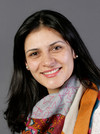
Johana Misas Villamil
Department of Botany, CEPLAS, University of Cologne
Contact: jmisas(at)uni-koeln.de
For more information visit: Döhlemann lab
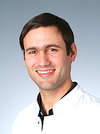
Jan Rybniker
Clinic I for internal medicine, University of Cologne
Contact: jan.rybniker(at)uk-koeln.de
For more information visit: Rybniker lab
